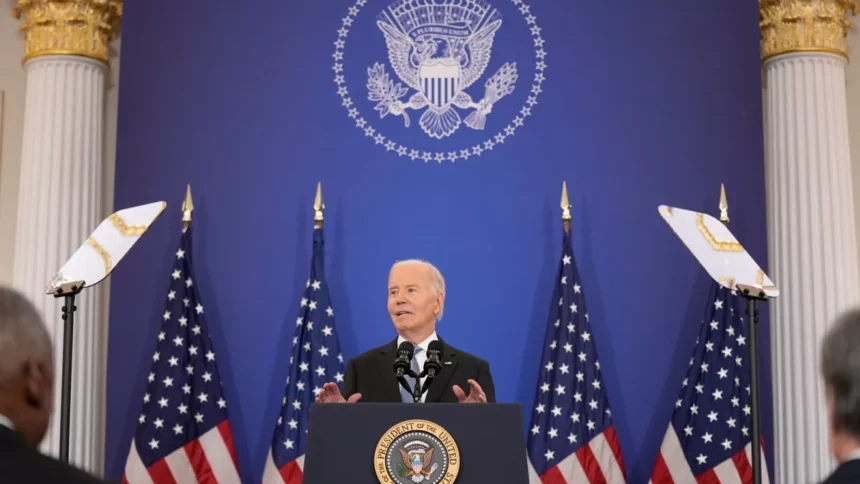As the Biden administration enters its final days, significant policies are being finalized, particularly around technology, AI, and national security. Key among these changes is a new ban on connected car technology from China and Russia. These measures intend to protect U.S. infrastructure and data from foreign threats. The decisions add another layer to the growing concerns over Chinese and Russian tech aspirations.
What’s Happening & Why This Matters
Finalizing Bans on Chinese and Russian Vehicle Tech
President Biden officially signed a ban on connected car tech from Chinese and Russian manufacturers. Starting in 2027, vehicles made by these countries, or those using their software, will be prohibited from operating in the U.S. This includes vehicle systems like Wi-Fi, Bluetooth, satellite communications, and autonomous driving technologies. The ban, which also extends to car hardware in 2030, aims to prevent foreign entities from using U.S. data for espionage or sabotage. The order initiated concerns, particularly for Chinese electric vehicle (EV) companies like BYD, trying to enter the U.S. market.
By targeting connected vehicle systems, the U.S. government is protecting national security by restricting the flow of sensitive data that adversarial states could use for surveillance. While the restriction only applies to passenger vehicles for now, the government is also considering extending similar rules to heavier vehicles, a process that may continue under the incoming administration.
U.S. Car Manufacturers and EV Plans Impact
The executive order against Chinese and Russian vehicle tech has implications for U.S. car manufacturers as well. As the government works to limit foreign competition, American carmakers, particularly in the EVs, have had to contend with challenges posed by China’s rapid EV manufacturing advancements. To maintain market dominance, the Biden administration has further imposed tariffs on Chinese electric vehicles and boosted funding for domestic battery production. These actions are part of an extensive strategy to ensure that American companies remain competitive while preventing foreign competitors from gaining ground in the U.S. market.
In a related move, the government has allotted $3 billion for domestic battery production to strengthen supply chains and reduce dependency on foreign tech. The funding will support 25 projects across 14 states, pushing for greater self-sufficiency in the sector.
Global AI, National Security, and Economic Strategies
The Biden administration’s last-minute tech policies also reflect the growing importance of artificial intelligence and cybersecurity in the national security conversation. With China and Russia increasingly seen as competitors in AI development, the U.S. is making it clear that controlling the flow of data and technology is critical to maintaining its leadership. The final push to curb foreign influence in crucial sectors like vehicle tech and AI directly responds to fears about espionage, cyberattacks, and other forms of technological warfare.
TF Summary: What’s Next
As the Biden administration prepares to close out its term, these final tech policy decisions will shape the future of the U.S. tech industry. With a focus on restricting foreign influence, particularly from China and Russia, these moves signal a tightening of regulations and a push for more substantial domestic tech capabilities. How these policies will play out under the next administration remains to be seen, but one thing is clear: the U.S. is doubling down on securing its technological future. As the race for AI and EV dominence drags on, these strategies will influence competition for years to come.
— Text-to-Speech (TTS) provided by gspeech


